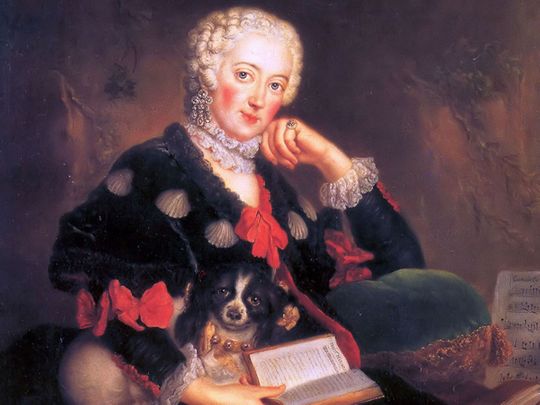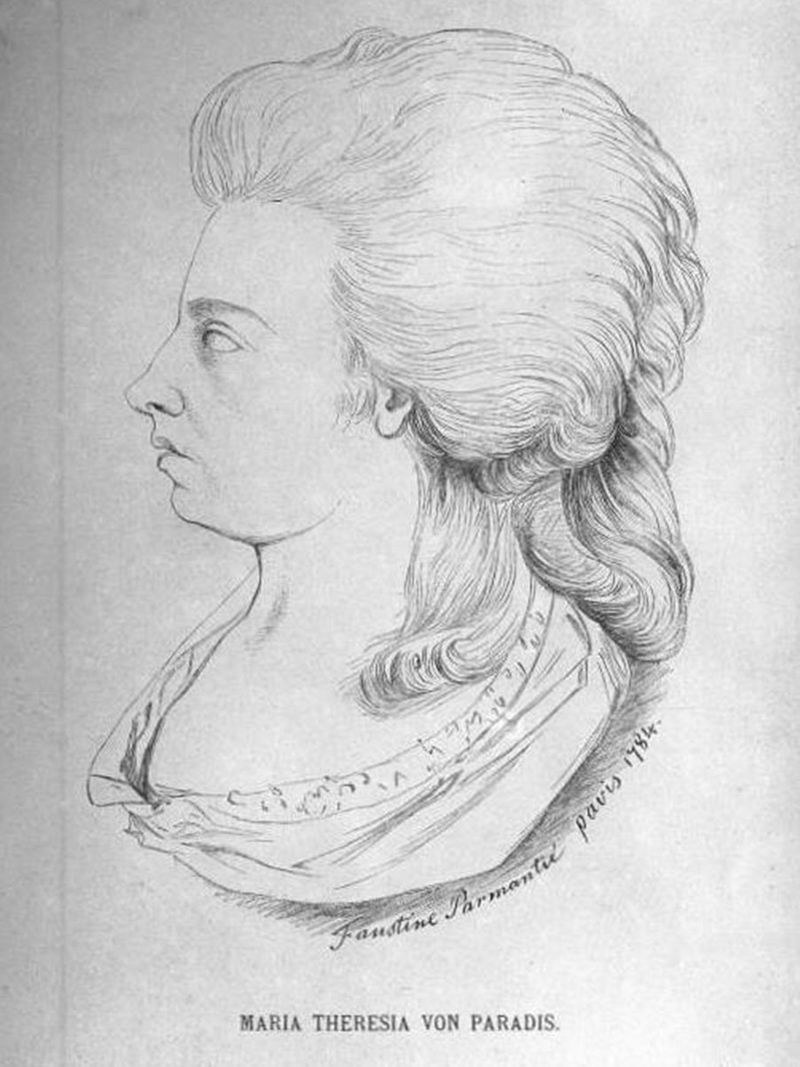
When we think of pianists, we usually consider the legends – Beethoven, Bach, Mozart, and more. The list is unanimously male. So, where are the world’s female composers and pianists?
Click start to play today’s Word Search, which explores terms from classical music.
Once a rarity, women are slowly venturing into the traditionally male domain of composing and conducting music. In fact, US-based Pianist Magazine calls today’s age the golden era for women conductors, with rising stars like Lithuanian Mirga Gražinytė-Tyla, American Karina Canellakis, and her well-known colleague, Marin Alsop.
But even though the spotlight has always shone brightly on men, women composers did exist in times past. Here are three that are worth knowing:
Wilhelmine von Bayreuth
She wasn’t just a composer, she was a princess in the German kingdom of Prussia in the 1700s, the sister of Prussian King Frederick the Great, and a contemporary of Johann Bach. In their youth, both brother and sister were always in competition to see who could write more music. When von Bayreuth (pictured) grew up, she was considered to be a virtuoso harpsichordist, and initiated operas and concerts at court. Although she composed operas and chamber music, much of her work has, unfortunately, been lost.
Maria Theresia von Paradis

Although blind from the age of two, von Paradis received excellent instruction in music, including lessons with Italian composer Antonio Salieri. The Austrian became a virtuoso pianist, organist and singer – and went on to perform some 60 concertos and sonatas from memory. She was a contemporary of Austrian composers Wolfgang Mozart and Joseph Haydn, and knew them well. Sadly, many of her compositions were lost, although some of her piano works have survived.
Marie Bigot de Morogues
Besides writing her own works for the piano, de Morogues was said to have sight-read Beethoven’s Appassionata sonata from the score. Sight reading or prima vista is the rare ability to play a piece of music that you've never played before simply by reading it off of a page of written music. Beethoven was so impressed, he later presented the sonata to her. De Morogues introduced Beethoven's works to her native France, and became a renowned concert pianist on her own accord. She gained the praise of Haydn, and also taught German siblings (and later, composers) Fanny and Felix Mendelssohn.
Do you like classical music? Play today’s Word Search and let us know at games@gulfnews.com.








